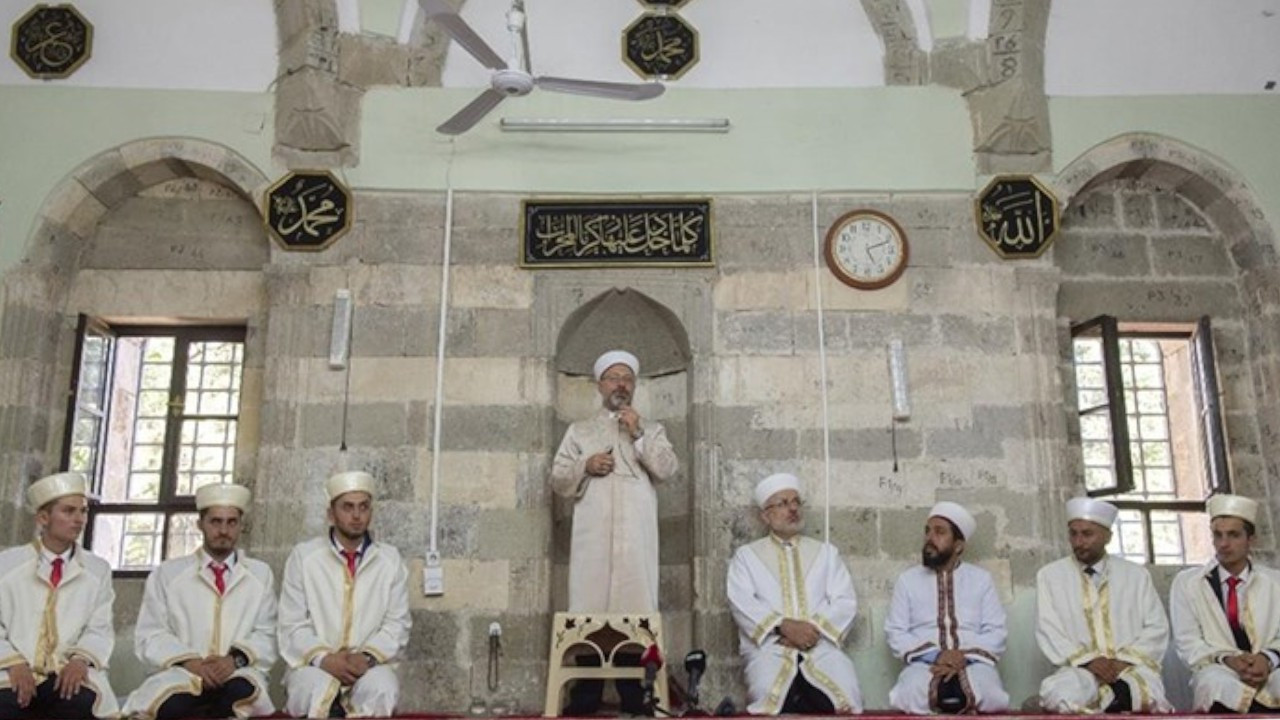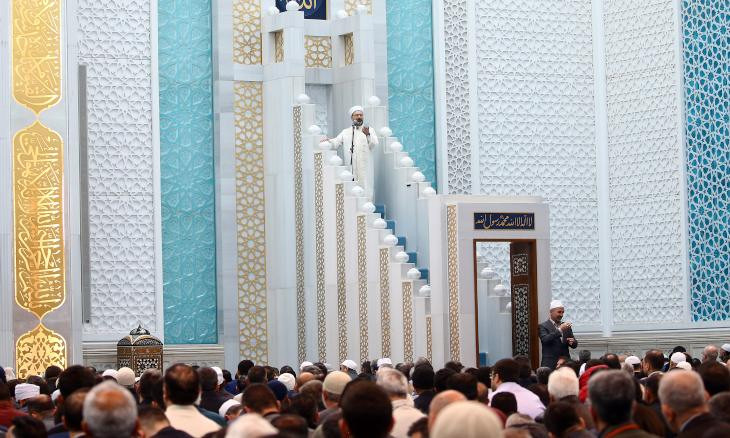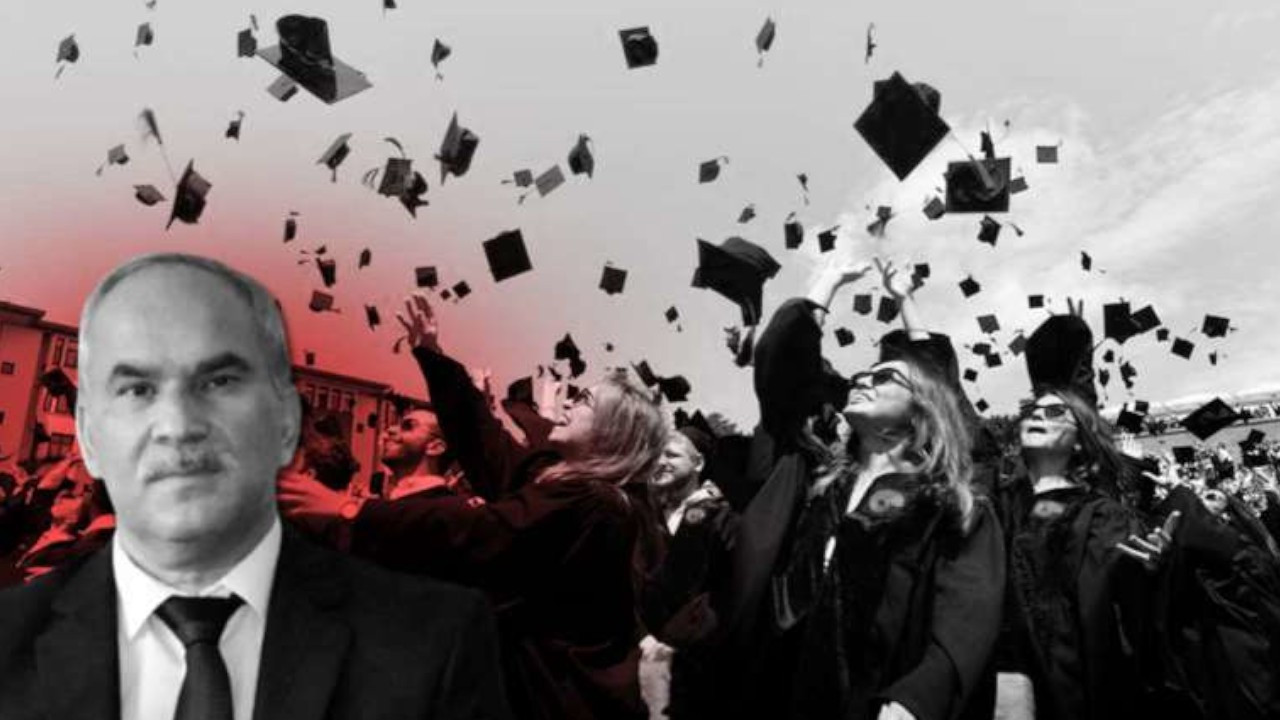Top Turkish religious body provided 'spiritual support' to 336,000 people in health facilities last year
Turkey's top religious body Diyanet provided “spiritual support” to 336,00 people in health facilities in 2022, its annual report revealed. The Health and Social Services Workers’ Trade Union (SES) Ankara branch co-chair Kubilay Yalçınkaya said Diyanet is trying to “legitimize religious practices in health as in every field.”
Duvar English
Turkey's Religious Affairs Directorate (Diyanet) provided “spiritual support” to 336,00 people in health facilities in 2022, the daily BirGün reported on July 25.
According to the Diyanet’s 2022 annual report, the institution “appointed 219 personnel, especially imams, for spiritual counseling and guidance” in 158 hospitals in 78 provinces. The report said Diyanet served 155,000 patients, 124,000 patient relatives and 57,000 health personnel.
The Health and Social Services Workers’ Trade Union (SES) Ankara branch co-chair Kubilay Yalçınkaya told BirGün that the figures in question could be higher “with services under the name of home care.”
“The circular for religious officials to visit those aged 80 and over at their homes or places of stay under the name of ‘spiritual support personnel’ aims to expand religious services in health. Apart from official data, we do not know what kind of activities are happening locally, which protocol is signed with which religious cults. However, we know that health directorates, especially in some local towns, provide spiritual support and services to families with cancer, disability, and chronic disease who need home care. However, these data are not available in the report,” Yalçınkaya said.
He said that Diyanet is trying to “legitimize religious practices in health as in every field” and that the institution desires to expand these kinds of services.
“Our concern is that these things can be done out of control. Spiritual support can be given by people such as psychologists, psychiatrists, social workers. While there is medical science, needing clergy is not an appropriate approach to the requirements of the age,” Yalçınkaya added.

 Turkey's top religious body given authority to conduct workshops on ‘morals, values’ for studentsPolitics
Turkey's top religious body given authority to conduct workshops on ‘morals, values’ for studentsPolitics Turkish top religious body’s budget to increase 117 pct in 2023Economy
Turkish top religious body’s budget to increase 117 pct in 2023Economy Diyanet union official targets graduation ceremonies, says they evoke ‘erotism’Domestic
Diyanet union official targets graduation ceremonies, says they evoke ‘erotism’Domestic COVID-19 patients’ contact info illegally obtained by religious authority for ‘spiritual guidance’Domestic
COVID-19 patients’ contact info illegally obtained by religious authority for ‘spiritual guidance’Domestic